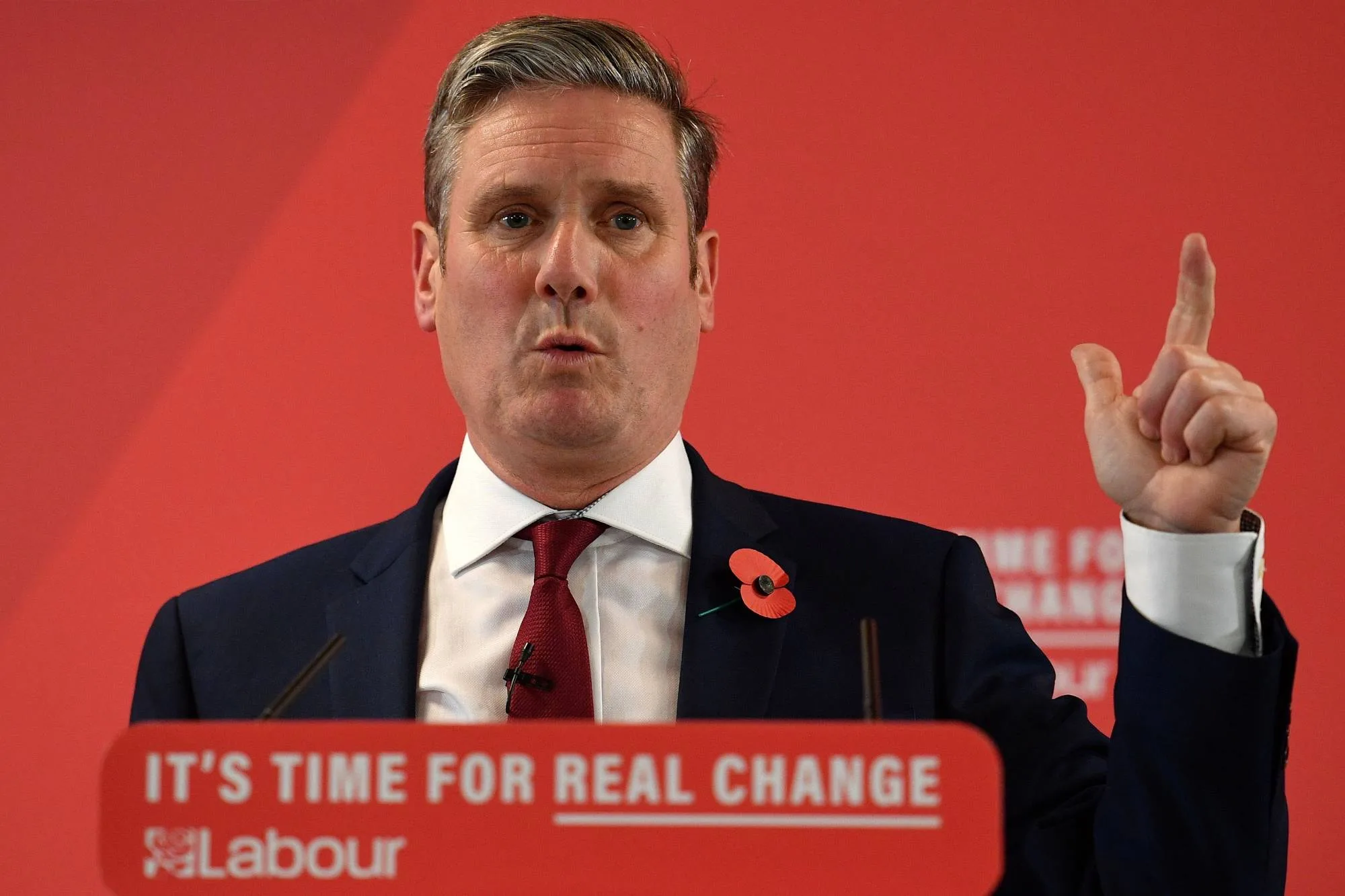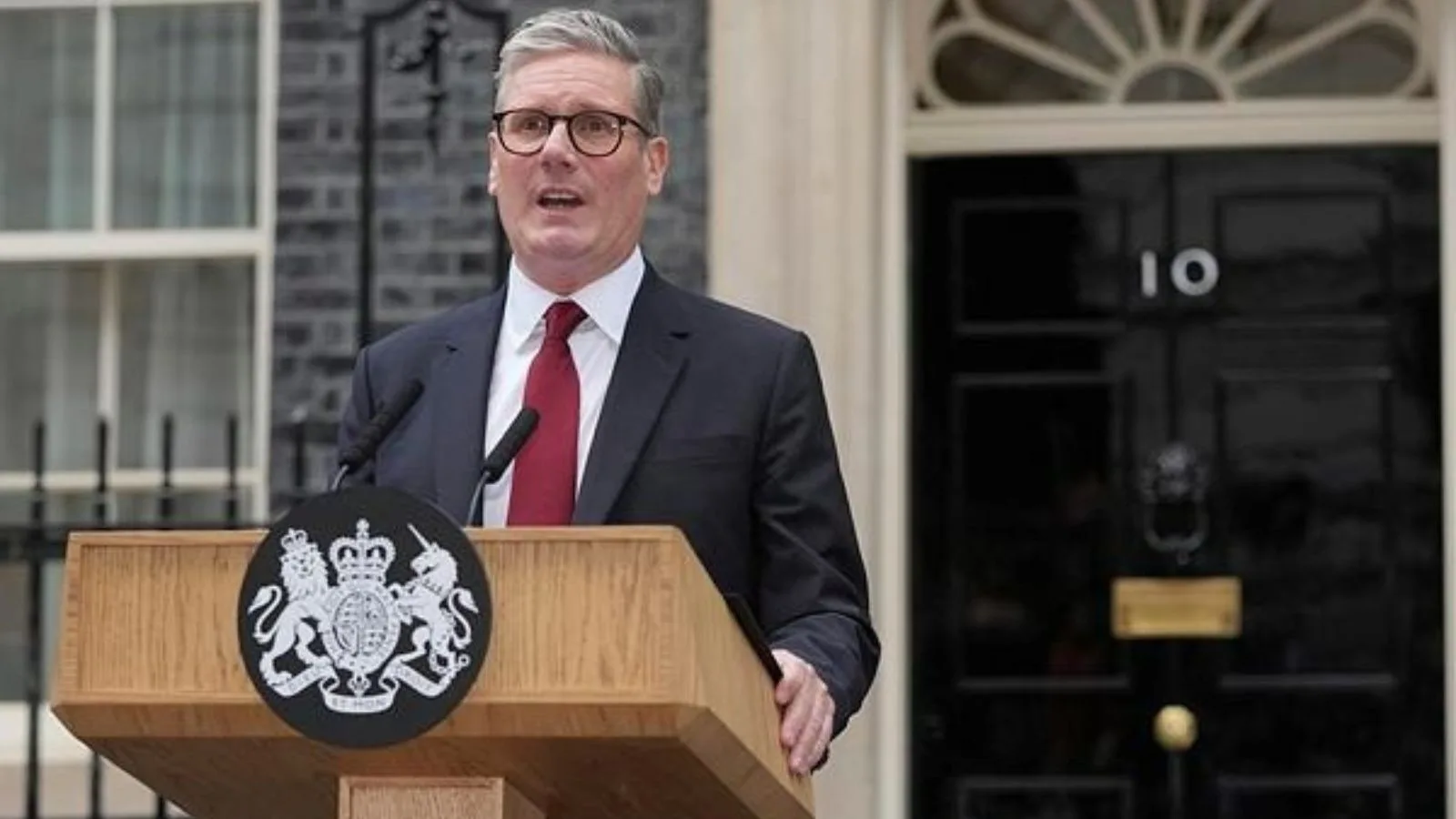France is gearing up for a pivotal election, and the stakes couldn’t be higher. The far-right, led by Marine Le Pen’s National Rally, is vying for a historic victory that could reshape the country’s political landscape. However, recent polls suggest that a hung parliament is a real possibility, raising concerns about a potential political deadlock.
Understanding the French Political Landscape
The Rise of the Far Right
The French far right has experienced a surge in popularity in recent years, capitalizing on public anxieties over immigration, globalization, and economic insecurity. Marine Le Pen has sought to soften the party’s image, distancing herself from the more extreme views of her father, Jean-Marie Le Pen. However, the National Rally’s core message of economic nationalism, anti-immigration policies, and Euroscepticism continues to resonate with a significant segment of the French electorate.
Traditional Parties in Flux
Meanwhile, France’s traditional center-left and center-right parties are grappling with declining support and internal divisions. The Socialist Party, once a dominant force in French politics, has struggled to regain its footing after the unpopular presidency of François Hollande. Similarly, the Republicans, the mainstream center-right party, have been plagued by infighting and a loss of identity.
The Stakes of the Upcoming Election
Far Right’s Agenda and Potential Impact
The rise of the far right in France has raised concerns both domestically and internationally. A National Rally victory would likely lead to stricter immigration controls, a more assertive foreign policy, and potentially even a referendum on France’s membership in the European Union. Such a scenario would have significant implications for the future of the EU and the balance of power in Europe.
Challenges to Macron’s Second Term
Even if the far right falls short of outright victory, a strong showing in the elections could complicate President Emmanuel Macron’s second term. A hung parliament would make it difficult for Macron to pass his legislative agenda, potentially leading to political gridlock.
The Specter of a Deadlock
Potential Scenarios and Implications
A hung parliament, where no single party or coalition holds a majority, is a real possibility in the upcoming elections. Such an outcome would usher in a period of uncertainty and instability, as parties scramble to form a governing coalition.
Public Sentiment and Voter Concerns
Understanding the current political climate requires delving into the concerns of the French electorate. Issues such as the rising cost of living, stagnant wages, and concerns about security are at the forefront of voters’ minds. These anxieties have created fertile ground for populist and nationalist rhetoric, contributing to the rise of the far right.
International Implications of a Far-Right Surge
The French elections are being closely watched around the world, as a far-right victory would have far-reaching consequences. It would embolden far-right and nationalist movements in other countries, potentially destabilizing the European Union and undermining the liberal international order.
Expert Analysis and Predictions
Political analysts and pollsters are closely monitoring the situation in France, but predicting the outcome of the election remains a challenge. While the far right is well-positioned to make significant gains, it remains to be seen whether they can secure enough seats to form a government or force a coalition.
The Road Ahead: Post-Election Landscape
The post-election landscape in France is likely to be complex, regardless of the outcome. If no party secures a majority, coalition negotiations could be protracted and fraught with difficulties. Even if a government is formed, it may be fragile and prone to collapse, leading to further political instability.
FAQs
Q: What is the French far right’s stance on the European Union?
A: The French far right is generally Eurosceptic, critical of the EU’s bureaucracy and its impact on French sovereignty. They advocate for significant reforms to the EU and some even support leaving the bloc altogether.
Q: What are the main factors contributing to the far right’s rise in France?
A: A confluence of factors, including economic anxieties, concerns about immigration and cultural change, and a perceived disconnect with the political establishment, have contributed to the far right’s growing appeal.
Conclusion
The upcoming French elections are poised to be a watershed moment for the country and for Europe as a whole. The far right’s quest for power, the potential for a hung parliament, and the underlying societal anxieties all point to a period of significant uncertainty and change in French politics. The outcome of these elections will have profound implications for France’s future direction and its role on the world stage.



